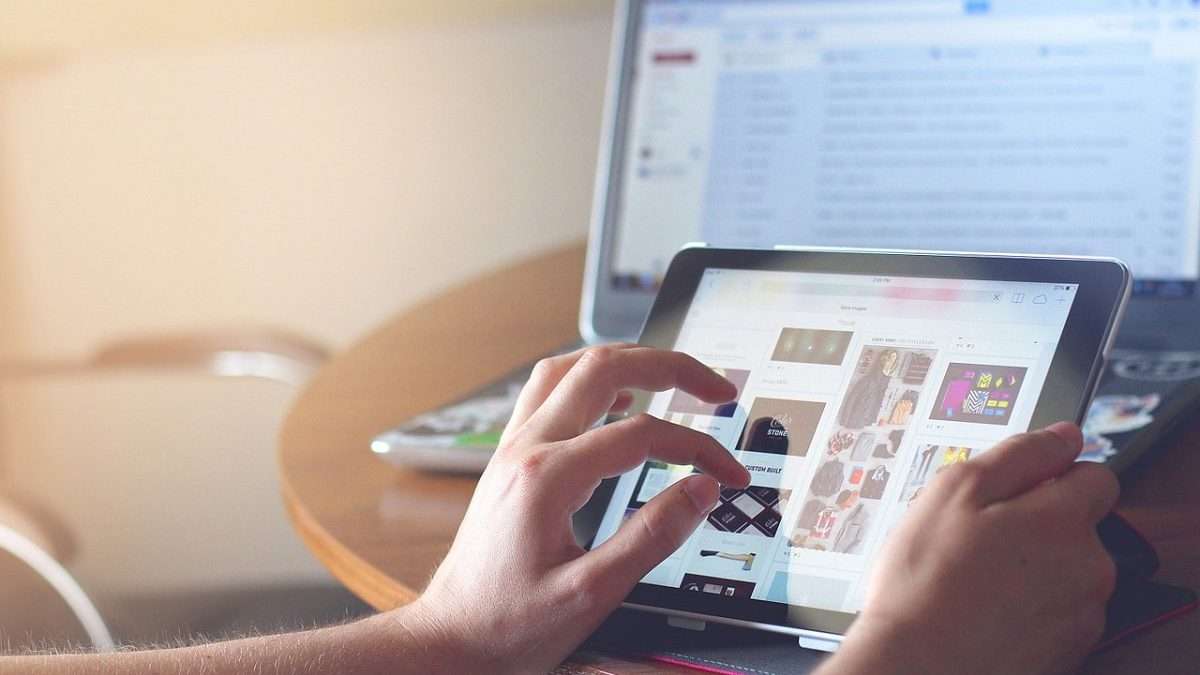In today’s rapidly evolving technological landscape‚ the tablet has carved out a significant niche between smartphones and laptops‚ offering a compelling blend of portability and functionality. But what is a tablet‚ exactly? More than just a large phone or a small laptop‚ a tablet is a mobile computing device‚ typically featuring a touchscreen display‚ a rechargeable battery‚ and a variety of sensors and cameras. Understanding what is a tablet requires exploring its unique capabilities and how it differs from other devices.
Defining the Tablet: Beyond the Basics
A tablet‚ at its core‚ is a portable computer that emphasizes touch-based interaction. Unlike traditional laptops‚ most tablets forgo a physical keyboard and mouse‚ relying instead on the user’s fingers or a stylus for navigation and input. This design choice contributes to their slim profile and lightweight nature‚ making them ideal for on-the-go use. While some tablets offer detachable keyboards and styluses as accessories‚ the primary mode of interaction remains touch.
Key Features of a Tablet
- Touchscreen Display: The primary interface for interaction‚ allowing for intuitive navigation and input.
- Operating System: Tablets run on mobile operating systems like Android‚ iPadOS‚ or Windows‚ tailored for touch-based devices.
- Apps: A vast ecosystem of apps available through app stores‚ catering to a wide range of tasks and interests.
- Connectivity: Wi-Fi and often cellular connectivity for internet access and communication.
- Portability: Lightweight and slim design for easy transportation and use in various environments.
- Multimedia Capabilities: High-resolution displays‚ built-in speakers‚ and cameras for consuming and creating multimedia content.
The Benefits of Using a Tablet
Tablets offer several advantages that make them a popular choice for various users:
- Portability and Convenience: Easier to carry than a laptop‚ making them ideal for travel‚ commuting‚ and quick tasks.
- Intuitive User Interface: Touchscreen interface is generally easier to learn and use than traditional computer interfaces.
- Versatility: Can be used for a wide range of tasks‚ including web browsing‚ email‚ document editing‚ gaming‚ and media consumption.
- Long Battery Life: Typically offer longer battery life than laptops‚ allowing for extended use on a single charge.
- Instant-On Functionality: Can be powered on and ready to use almost instantly‚ unlike laptops that may require a boot-up process.
Tablet vs. Laptop: A Quick Comparison
Choosing between a tablet and a laptop depends on individual needs and priorities. Here’s a brief comparison:
| Feature | Tablet | Laptop |
|---|---|---|
| Portability | Highly Portable | Less Portable |
| Battery Life | Generally Longer | Generally Shorter |
| Primary Input | Touchscreen | Keyboard and Mouse |
| Processing Power | Lower | Higher |
| Software | Mobile Operating Systems (Android‚ iPadOS) | Desktop Operating Systems (Windows‚ macOS) |
FAQ About Tablets
Q: Can I use a tablet for work?
A: Yes‚ many tablets can be used for work-related tasks such as email‚ document editing‚ and presentations. Detachable keyboards and styluses can enhance productivity.
Q: Are tablets good for gaming?
A: Yes‚ tablets offer a good gaming experience with their large screens and responsive touch controls. Many popular mobile games are available for tablets.
Q: What’s the difference between an iPad and an Android tablet?
A: iPads run on Apple’s iPadOS‚ while Android tablets run on Google’s Android operating system. They have different app ecosystems‚ user interfaces‚ and hardware designs.
Q: Can I make phone calls on a tablet?
A: Some tablets with cellular connectivity can make phone calls using VoIP apps like Skype or WhatsApp. Standard voice calling is not typically supported.
The tablet market continues to evolve‚ with manufacturers pushing the boundaries of what’s possible in a portable device. Understanding the capabilities and limitations of these devices is crucial for making an informed purchasing decision. Hopefully this article has helped to clarify what is a tablet.

